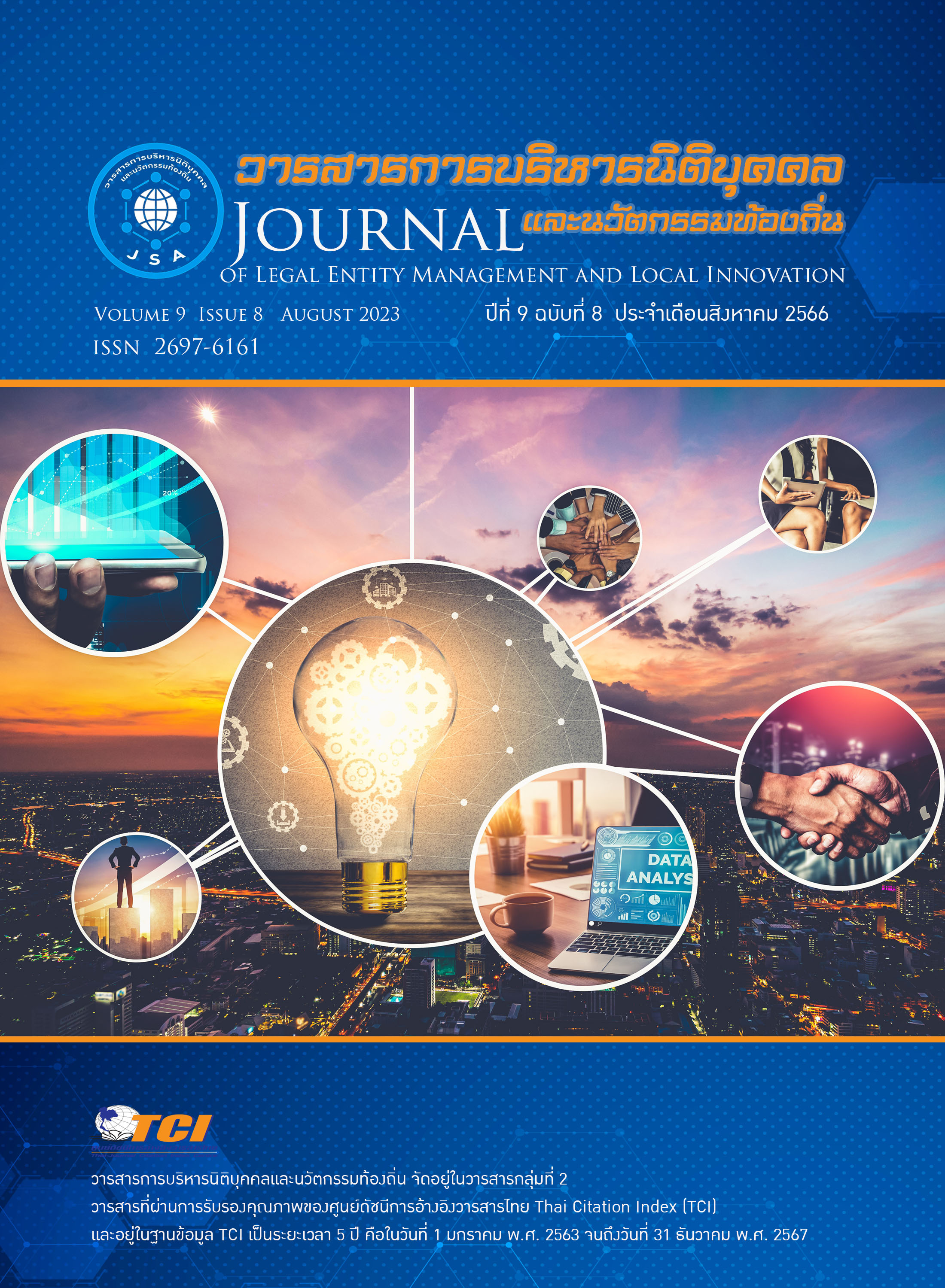Factors Related to Perceived Control and Prevention of Coronavirus (Covid-19) of Village Health Volunteers in Nam Ruum Subdistrict, Mueang District, Tak Province
Keywords:
Coronavirus disease, disease control, village health volunteersAbstract
This research aimed to study factors affecting health literacy and self-protective behavior for surveillance operations of coronavirus infection diseases. Sample size was village health volunteers in nam ruum subdistrict, mueang district, tak province, which studied a population of 410 people. The newly developed questionnaire was used. Analyzing data was done with descriptive statistics and multiple linear regression statistics.
The results of the study revealed that the VHVs had a very good level of both health literacy of covid-19 (85.12%) and self-protective behaviors (80.24%). The factors affecting health literacy at p < 0.05 classified by aspects were: Cognition was social media use, this factor could be predicted to a degree of 2.54%. Three factors could be predicted for access to information to a degree of 17.92% were: area of residence, participation in community proactive activities, and learning from model observation. Four factors could be predicted for media literacy to a degree of 22.45% were: income, perceptions of proactive health services by health care workers, participation in community proactive activities, and learning from model observation. Three factors could be predicted for self-management to a degree of 12.73% were: income, participation in community proactive activities, and learning from model observation. Four factors could be predicted for communication questioning and interaction to a degree of 18.40% were: income, perceptions of proactive health services by health care workers, participation in community proactive activities, and learning from model observation. The factors affected self-protective behaviors at p < 0.05 were: health literacy (self-management, access to information, and discrimination decisions) and area of residence factors. These factors could be predicted to a degree of 40.90%..
The results of Suggestions for development encourage volunteers to participate in more proactive activities in the community, such as activities to search for risk groups. proactive disease screening, etc. because it affects health literacy information access Media Literacy self-management and communication, questioning and answering.


